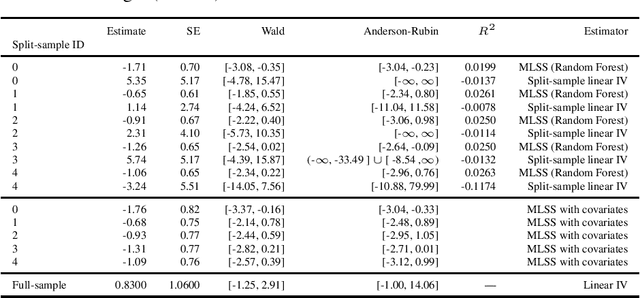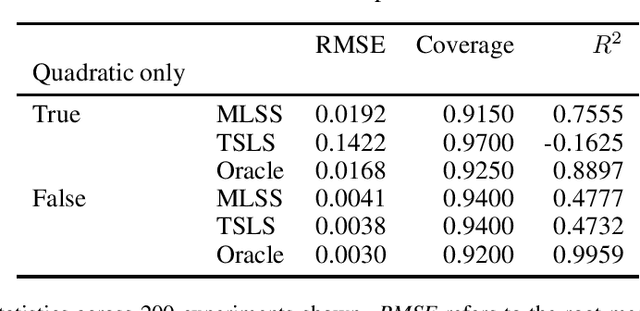Daniel L. Chen
Aligning Large Language Model Agents with Rational and Moral Preferences: A Supervised Fine-Tuning Approach
Jul 28, 2025Abstract:Understanding how large language model (LLM) agents behave in strategic interactions is essential as these systems increasingly participate autonomously in economically and morally consequential decisions. We evaluate LLM preferences using canonical economic games, finding substantial deviations from human behavior. Models like GPT-4o show excessive cooperation and limited incentive sensitivity, while reasoning models, such as o3-mini, align more consistently with payoff-maximizing strategies. We propose a supervised fine-tuning pipeline that uses synthetic datasets derived from economic reasoning to align LLM agents with economic preferences, focusing on two stylized preference structures. In the first, utility depends only on individual payoffs (homo economicus), while utility also depends on a notion of Kantian universalizability in the second preference structure (homo moralis). We find that fine-tuning based on small datasets shifts LLM agent behavior toward the corresponding economic agent. We further assess the fine-tuned agents' behavior in two applications: Moral dilemmas involving autonomous vehicles and algorithmic pricing in competitive markets. These examples illustrate how different normative objectives embedded via realizations from structured preference structures can influence market and moral outcomes. This work contributes a replicable, cost-efficient, and economically grounded pipeline to align AI preferences using moral-economic principles.
Mostly Harmless Machine Learning: Learning Optimal Instruments in Linear IV Models
Nov 12, 2020

Abstract:We provide some simple theoretical results that justify incorporating machine learning in a standard linear instrumental variable setting, prevalent in empirical research in economics. Machine learning techniques, combined with sample-splitting, extract nonlinear variation in the instrument that may dramatically improve estimation precision and robustness by boosting instrument strength. The analysis is straightforward in the absence of covariates. The presence of linearly included exogenous covariates complicates identification, as the researcher would like to prevent nonlinearities in the covariates from providing the identifying variation. Our procedure can be effectively adapted to account for this complication, based on an argument by Chamberlain (1992). Our method preserves standard intuitions and interpretations of linear instrumental variable methods and provides a simple, user-friendly upgrade to the applied economics toolbox. We illustrate our method with an example in law and criminal justice, examining the causal effect of appellate court reversals on district court sentencing decisions.
 Add to Chrome
Add to Chrome Add to Firefox
Add to Firefox Add to Edge
Add to Edge